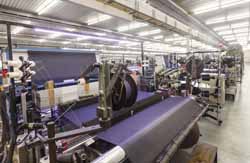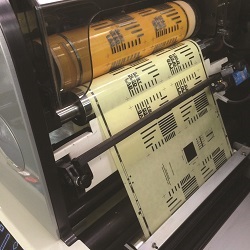Controlling textile production parameters
Workshop factories that produce tailor-made products, small batches and complex high-quality products are particularly affected by extensive down-time for readjusting process parameters and machines to meet desired product quality. The EU-funded project TEXWIN(opens in new window) provided a high-performance and cost-effective solution that produce textiles and plastics. Hierarchical control of both the factory and the production units utilises process information and product characteristics to determine the best production instructions. A case-based reasoning (CBR) module facilitates exploitation of existing knowledge and experience of production operators. Integrating the two enables improved process scheduling and event-based coordination of factory operations combined with the use of best process parameters and machine settings. This would ensure efficient set-up and execution as well as high product quality. The TEXWIN system was tested at five workshops, One of the main strengths of this system is that it relies on existing knowledge and available technology within the factories for minimal capital investment. Integrating operator experience and knowledge with real-time data on process parameters and product quality enabled the selection of production recipes that work. Integrating production unit control with factory control for efficient utilisation of machines boosted the benefits even further. Commercialisation of the hierarchical workshop factory control technology promises significant enhancements in productivity through reduced machine down-time and enhanced final product quality. Particular impact is expected on the numerous small and medium-sized enterprises producing tailor-made and small batches of high-quality textiles and plastics.







